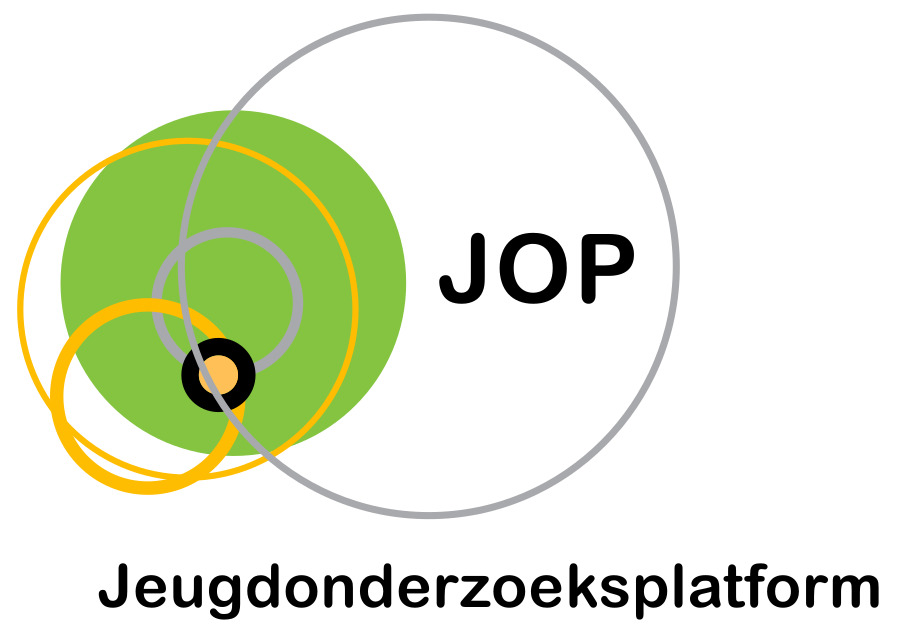Unravelling socioeconomic school composition effects on higher education enrollment: the role of students’ individual and shared feelings of futility and self‑efficacy.
Auteurs
Vandelannote, I., & Demanet, J. (2021).

Abstract
Ondanks de massificatie van het hoger onderwijs, houdt sociale ongelijkheid in de resultaten van hoger onderwijs stand. Het is geweten dat de socio-economische samenstelling van middelbare scholen op zijn minst deels verantwoordelijk is voor deze sociale ongelijkheid. Desondanks blijven de mechanismen waarmee socio-economische samenstelling de aanmelding voor hoger onderwijs beïnvloedtslecht begrepen. Gebaseerd op de attributietheorie, verwacht deze studie dat de gevoelens van studenten wat betreft academische zelfredzaamheid en gevoelens van zinloosheid dienstdoen als onderliggende mechanismen. Meer zelfs, gezien het feit dat individuele gevoelens van academische zelfredzaamheid en individuele gevoelens van zinloosheid gedeeld worden onder studenten binnen scholen – scholen hebben verschillende zelfredzaamheid en zinloosheid culturen – onderzoeken we of deze culturen gevolgen hebben voor de aanmeldingen voor hoger onderwijs en programmakeuze. Resultaten van binomiale logistische multilevel analyses op de data van de International Study of City Youth (www.iscy.org) in Gent, bestaande uit 1214 Vlaamse studenten over 29 scholen, tonen aan dat studenten in scholen met een lage socio-economische samenstelling minder kans hebben om aan te melden in het hoger onderwijs omdat deze scholen gekenmerkt worden door hoge zinloosheidsculturen. Daartegenover, zijn hoge zelfredzaamheid en zelfredzaamheidculturen positief geassocieerd met de keuze voor academische bachelor programma’s, maar ze verklaren geen socioeconomische samenstellingseffecten. We concluderen dat onderwijsbeleid moet trachten om een gevoel van controle over academische resultaten te vergroten om sociale gelijkheid in hoger onderwijsresultaten te verbeteren.
Despite the massification of higher education, social inequality in higher education outcomes still persists. It is known that secondary schools’ socioeconomic composition is at least partly responsible for this social inequality. Nevertheless, the mechanisms by which socioeconomic composition affects higher education enrollment are still poorly understood. Based on the attribution theory, this study expects students’ feelings of academic self-efficacy and sense of futility to act as underlying mechanisms. Additionally, given that individual self-efficacy beliefs and individual sense of futility are shared among students within schools – that is, schools have different self-efficacy and futility cultures – we investigate whether these cultures are consequential for higher education enrollment and program choice. Results of binomial logistic multilevel analyses on the data of the International Study of City Youth (www.iscy.org) in Ghent, consisting of 1214 Flemish students across 29 schools, indicated that students in low socioeconomic composition schools are less likely to enroll in higher education www.jeugdonderzoeksplatform.be 2 because these schools are characterized by high futility cultures. In contrast, high self-efficacy and selfefficacy cultures are positively associated with the choice for academic bachelor programs, but they did not explain socioeconomic composition effects. We conclude that educational policies should aim at increasing a sense of control over academic outcomes in order to improve social equality in higher education outcomes.
Referentie
Vandelannote, I., & Demanet, J. (2021). Unravelling socioeconomic school composition effects on higher education enrollment: the role of students’ individual and shared feelings of futility and self‑efficacy. Social Psychology of Education.
Taal
Engels
Publicatievorm
Tijdschriftartikel
ISBN – DOI
10.1007/s11218-021-09608-z
Trefwoord(en)
Hoger onderwijs aanmelding; school cultuur; academische zelfredzaamheid; zinloosheid; socio-economische schoolsamenstelling
